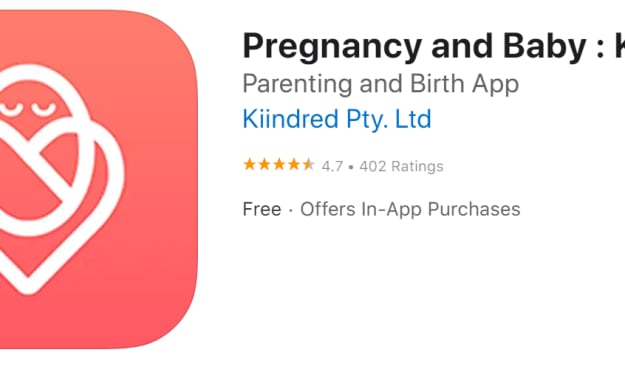
Polycystic ovary syndrome (PCOS) can have various effects on pregnancy. Here are some ways PCOS can impact pregnancy:
- Irregular menstrual cycles: One of the primary symptoms of PCOS is irregular or infrequent menstrual cycles. This irregularity can make it difficult to predict ovulation, which may affect the timing of conception.
- Ovulation difficulties: PCOS often causes hormonal imbalances that can interfere with regular ovulation. Women with PCOS may experience anovulation (lack of ovulation) or have fewer ovulatory cycles. This can make it more challenging to conceive naturally.
- Increased risk of infertility: Due to irregular or absent ovulation, women with PCOS may have a higher risk of infertility compared to women without PCOS. However, it's important to note that many women with PCOS can still conceive with appropriate medical interventions.
- Higher risk of miscarriage: Women with PCOS have an increased risk of early pregnancy loss or miscarriage, especially if their PCOS is accompanied by insulin resistance or other metabolic complications. The exact reasons for this higher risk are not fully understood but may be related to hormonal imbalances.
- Gestational diabetes: Women with PCOS have an increased likelihood of developing gestational diabetes during pregnancy. Gestational diabetes is a condition characterized by high blood sugar levels during pregnancy, and it requires careful monitoring and management.
- High blood pressure and preeclampsia: PCOS is associated with an increased risk of developing gestational hypertension (high blood pressure during pregnancy) and preeclampsia. These conditions can be potentially serious and require close monitoring by healthcare professionals.
- Increased risk of cesarean section: Women with PCOS may have a higher likelihood of requiring a cesarean section (C-section) due to factors such as gestational diabetes, gestational hypertension, or fetal distress.
Despite these potential challenges, many women with PCOS have successful pregnancies with appropriate medical care. If you have PCOS and are planning to conceive, it is advisable to consult with a healthcare provider who specializes in reproductive health to discuss your specific situation and develop a personalized care plan.
PCOS side effects
Although the name suggests PCOS is concerned mainly with the ovaries, it can present with a wide range of symptoms, from mild to more severe. Signs and symptoms may include:
- Period and fertility issues such as amenorrhea (no period) or irregular periods
- Difficulty conceiving
- Excess facial and/or body hair (hirsutism)
- Scalp hair loss (alopecia)
- Acne typically around the jawline
- Darkening of the skin, typically around the armpits and neck area
- Weight gain or difficulty losing weight
- Mood changes including depression, anxiety, low self-esteem, and poor body image
Women with PCOS may also be at a greater risk for developing issues including insulin resistance, type 2 diabetes, cardiovascular disease, sleep apnoea, and cholesterol abnormalities.
How to diagnose Polycystic Ovary Syndrome (PCOS)
Polycystic Ovary Syndrome (PCOS) is a complex hormonal disorder estimated to affect 12–21% of women of reproductive age.
PCOS is formally diagnosed when you meet the Rotterdam diagnostic criteria, which requires two of the following three conditions to be met:
- Infrequent or irregular ovulation (irregular is where your periods are usually longer than 35 days apart).
- Hyperandrogenism (elevated androgens). This means a higher level of reproductive hormones that are usually more dominant in men. Hyperandrogenism might be seen physically, such as excess body hair typically on the face or scalp hair loss. It may also be seen on blood tests such as elevated testosterone.
- Polycystic ovaries were seen on an ultrasound. Polycystic means the appearance of multiple “cysts” in your ovaries, which are actually not cysts but lots of immature follicles containing eggs.
Contrary to popular belief, PCOS cannot be diagnosed based on ovarian cysts alone. As the path to getting a formal diagnosis can be tricky, it’s thought that up to 70% of women with PCOS remain undiagnosed!
About the Creator
Kiindred
Kiindred is a parenting and lifestyle platform that supports parents on their parenting journey - from conception to classroom. Visit our website : https://kiindred.co/






Comments
There are no comments for this story
Be the first to respond and start the conversation.